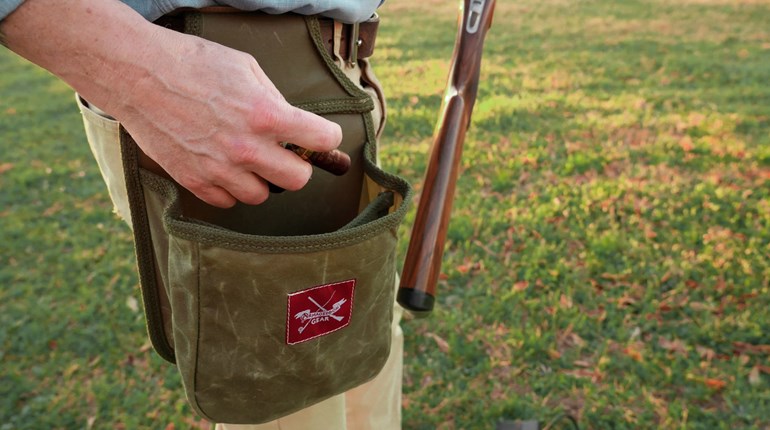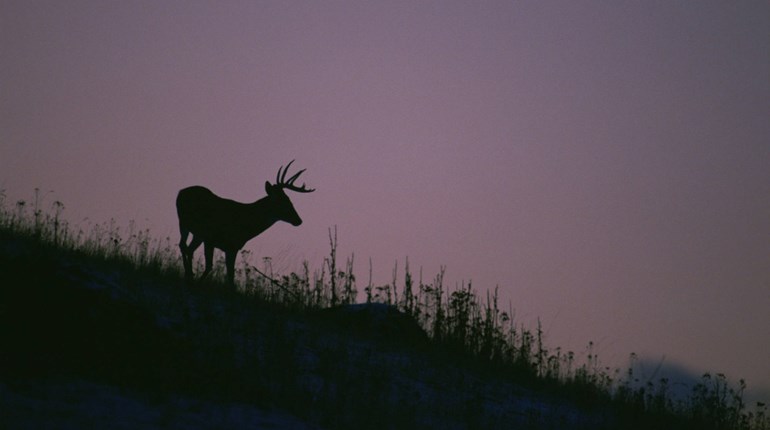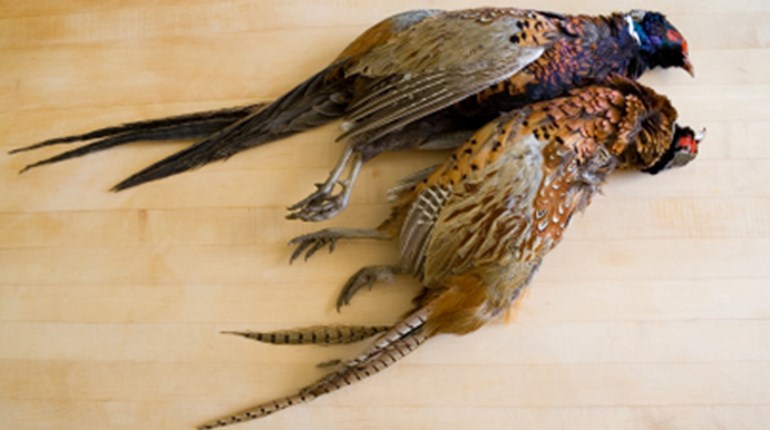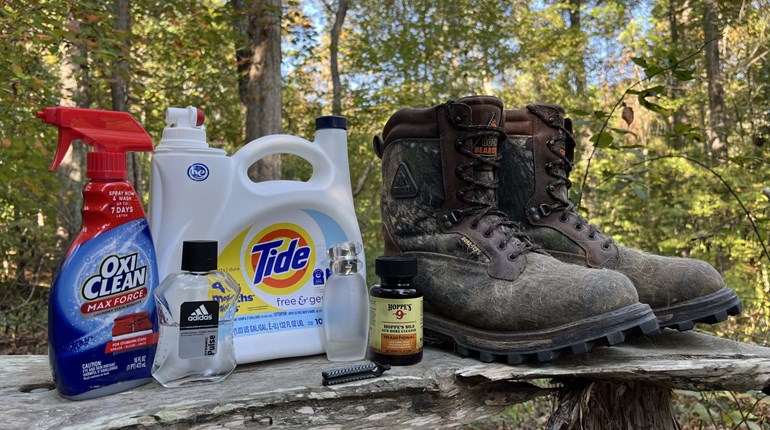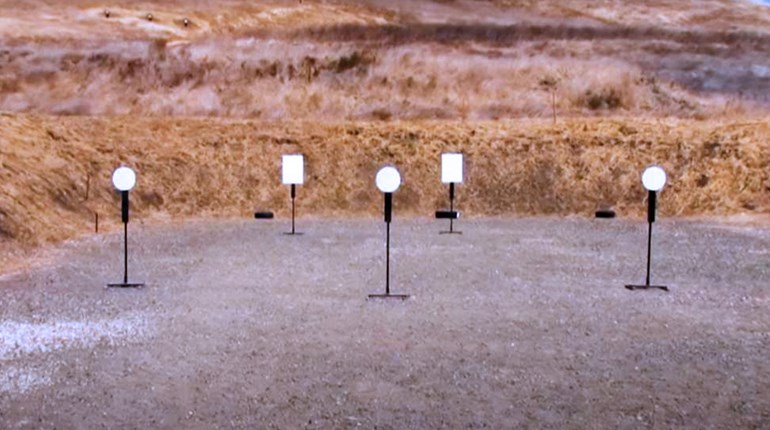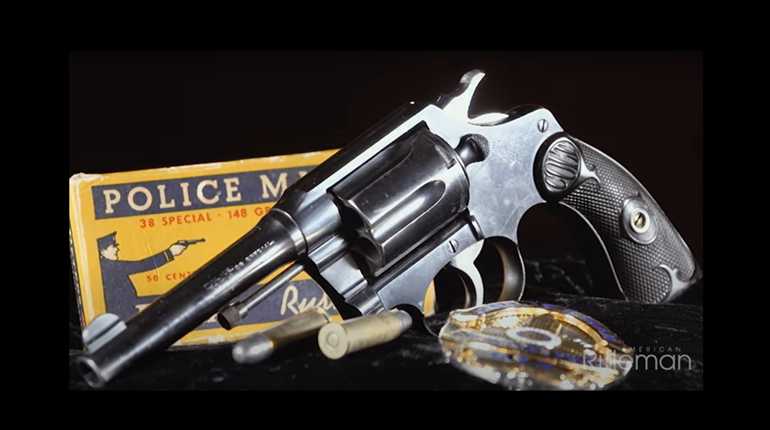
There’s one skill that all hunters need, no matter how old they are, how many years they have been hunting, or how many trophy bucks fill their photo albums. It comes in handy while hunting in the wilds of Alaska, on the plains of Africa, or on the Eastern shore. What’s more, it’s a skill that isn’t difficult to learn.
Hunting etiquette is perhaps the most important thing that any hunter will bring into the field. Our manners and actions before, during and after the hunt are what others—both hunters and non-hunters—use to judge us.
When playing a sport, you are expected to follow the rules of the game. Hunting is no different—we’re expected to follow the rules (laws) and to behave responsibly (ethically) while hunting. Following the law and acting ethically ensures that others respect both hunters and the sport of hunting.
What are ethics and laws?
Ethics are standards of behavior that are considered to be morally right. For example, says Bob Davis, manager of NRA’s Hunter Services Department, if a hunter truly believes that it is right to shoot a turkey while it is roosting in a tree, and doing so is not against the law, then it is ethical for that hunter to do. However, if a hunter thinks that it is wrong to shoot a roosting turkey, then it would not be ethical for him to take that shot. Not everyone shares the same ethics, and it is important to understand that having different ethics doesn’t make someone wrong or a bad hunter.
Hunting laws are created from ethics when a majority of people believe that a certain ethic or behavior is right and they expect all hunters to act according to that ethic. In some states, it may be against the law to shoot a roosting turkey, so even if a hunter felt that it was ethical to do so, the law forbids it.
For most hunters, their personal code of ethics is very similar to hunting laws. Still, your personal ethics and the law may differ from one another. For example, what do you do if you come across a wounded buck during doe season? While ethically you may believe that it is right to shoot a seriously injured animal to keep it from suffering, it may be illegal to take a buck during doe season. Calling the local fish and game office and providing them with the location of the injured animal would be an excellent solution.
Your ethics in life and in the field
Your ethics control your behavior whether you’re in a sorghum field hunting chukar or watching a movie with friends. One way to think of ethics is as that little voice in your head that lets you know whether or not you really think you should be doing something. A good test is to ask yourself how you would feel if you saw someone else behaving as you are. What would you think of them?
Your ethics have developed over the years through experiences you’ve had with your family, friends and neighbors, and they may continue to change as you get older. Your ethics help you to develop a sense of expected behavior so that you can earn the respect of those people important to you in your life.
Hunting etiquette for you to think about
As a hunter on private property, you have special obligations that are not much different than if you were a guest in someone else’s home. First, always ask permission and be clear on what game you would like to hunt.
“Whenever you walk onto someone else’s property—no matter what you are doing—you should always ask for permission,” said Joe Lewandowski, spokesman for the Colorado Division of Wildlife.
Second, use common sense. Don’t disturb the landowner if it’s early when you arrive, leave all gates as you found them and don’t disturb any livestock that may be present. Make sure you pick up all trash, empty shell cases and boxes and dispose of them properly. Finally, have you thought about offering the landowner a portion of the game you take? Treating landowners with respect helps to ensure that you will be invited back in the future, and that they will view other hunters with respect.
Next, it’s important for you to know your limitations. You have to know how to handle yourself in the outdoors by having a basic understanding of essential skills in first-aid, navigation and survival. Let someone know where you are at all times, and if you change your plans, leave a note.
When you’re hunting on public land, what will you do if you encounter another hunter? What if someone is already standing in or near your favorite hunting spot? While you might be inclined to stay nearby, think about how you would feel if someone took up position so close to you. You wouldn’t like it, and neither would the hunter standing in front of you.
All hunters have a responsibility to the wildlife they intend to hunt; always practicing “fair chase,” which means that the animal you’re hunting always has a fair chance to avoid your shot. Not only should you be knowledgeable about the animal you are hunting, but you should only be willing to take a shot that you are confident will kill the animal cleanly. Should you wound an animal, it’s important to make every effort to track it.
Hunting laws are in place to ensure that everyone has a safe and equal opportunity to hunt, and also to ensure that game animals will be there in future years for all to enjoy. While you may occasionally disagree with a law, that doesn’t give you the right to break it.
The big picture
The future of hunting depends on you. With the enjoyment of hunting, comes the responsibility to make sure that every time you go afield you are on your best behavior. If you are willing to make the effort to hunt ethically and responsibly, as past generations have done, the future of this sport will shine even brighter. If you’d like more information on this subject contact NRA Hunter Services by calling (703) 267-1500 or by visiting NRA Hunter Services.
NRA Hunter’s Code of Ethics
- I will consider myself an invited guest of the landowner, seeking his permission, and so conducting myself that I may be welcome in the future.
- I will obey all rules of safe gun handling and will courteously but firmly insist that others who hunt with me do the same.
- I will obey all game laws and regulations, and expect that my companions do likewise.
- I will do my best to acquire those marksmanship and hunting skills which will assure clean, sportsmanlike kills.
- I will support conservation efforts which can assure good hunting for future generations to come.
- I will pass along to young hunters the attitudes and skills essential to a true outdoor sportsman.













